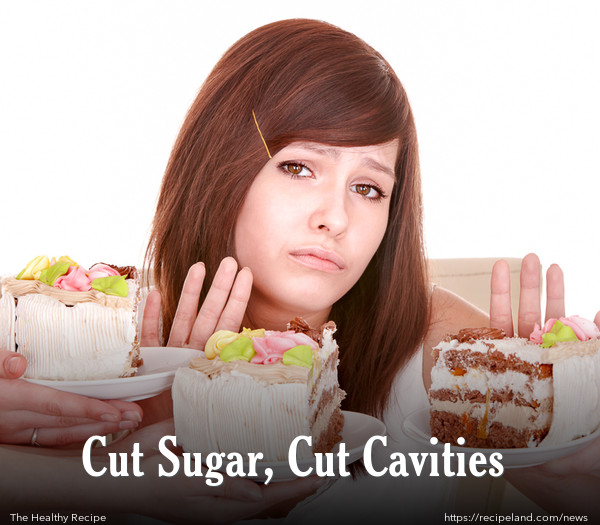It is clearly known that poor oral hygiene can lead to tooth decay, but a recent study shows a significant correlation between the specific amounts of sugar in a person’s diet and the likelihood of developing serious tooth decay.
The recent study conducted at Newcastle University concluded that sugar has multiple harmful effects on oral health, and, in an effort to substantially reduce the incidence of tooth decay globally, recommended that cutting down or eliminating sugar from the diet can have dramatic effects.
After reviewing more than 55 studies, dating back over 50 years, they found that the main factor contributing to tooth decay was sugar intake.
It has long been known that sugar can increase the incidence of cavities and tooth decay, but this recent study helped to show the correlation between the amount of sugar consumed and the stages of tooth decay.
Sugar and bacteria in the mouth will lead to serious problems, including tooth decay, because of the acids that can be produced. This preventable problem plagues more than 90% of adults, to varying degrees ranging from one cavity to complete dental extractions.
For the past 20-25 years, the World Health Organization (WHO) has suggested that no more than ten percent of the daily calories consumed should be from sugars, whether added or naturally present (such as in honey, syrup or fruit juices).
By cutting the amount of sugar consumed in half, to only five percent of the daily calories, which is the equivalent of five teaspoons, it is thought that tooth decay can be nearly eliminated.
"People now expect to keep their teeth into old age and given that the effects of sugars on our teeth are lifelong, then limiting sugars to less than five percent of the total calories that we eat would minimize the risk of dental caries throughout life,” according to Professor Paula Moynihan at Newcastle University.
Unfortunately, many people are consuming large amounts of sugar on a daily basis. Since tooth decay is a condition that progresses throughout a person’s life, it can be assumed that a child with many dental cavities will go on to have significant dental problems and tooth decay in the future as an adult.
Because foods and beverages containing large amounts of sugar are a main staple in the diet of many people, dentists around the world are seeing more and more cavities and rotting teeth.
For several decades, fluoride has been added as a supplement to tap water and toothpaste, because research indicated that fluoride does help to protect teeth from decay. However, the addition of fluoride has not eliminated tooth decay, as it does nothing to address the fundamental problem of high sugar intake.
Moynihan explains that adding fluoride only partially solves the problem and that the true issue lies in the amount of sugar that a person actually consumes regularly.
Researchers concluded that more information about sugar intake and associated health risks is necessary, but there is certainly a clear correlation between high sugar intake and poor oral health.
Public education regarding healthy dietary choices needs to be an ongoing priority, with options for low sugar foods being made more accessible in schools, stores and workplaces.
SOURCES: https://www.ncl.ac.uk/press.office/press.release/item/call-for-action-on-cut…;
https://www.webmd.com/oral-health/tc/tooth-decay-topic-overview;
https://www.nidcr.nih.gov/DataStatistics/FindDataByTopic/DentalCaries/
DentalCariesAdults20to64.htm; Image courtesy of foto76 / FreeDigitalPhotos.net










Comments